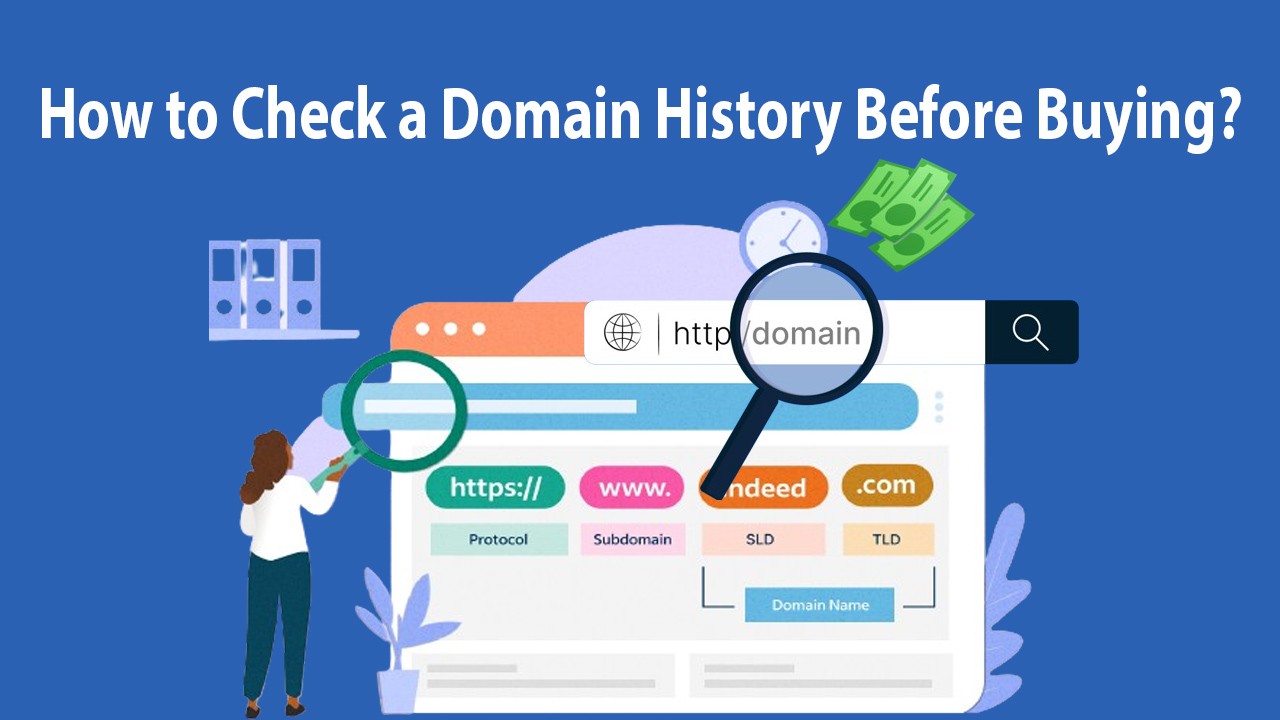Domain ownership history covers all recorded information about a domain name, from its initial registration to its expiration. Understanding this history is essential, similar to checking a used car’s service history before purchase. A domain previously highlighted for spam or banned by Google can negatively impact your website’s ranking and authority. Utilizing the right tools can provide complete insights, helping you avoid these issues.
Do find out how long a domain name has been registered
How to Check Domain History
1. WHOIS Domain History Check
WHOIS is a widely known domain checker that allows you to track essential information about any domain for free. By entering the domain name or IP address, you can access:
Current website information
Important dates (registration, update, expiration)
Ownership details
DNS records
While WHOIS provides valuable public information, it does not offer details on previous owners or past activities. For a more in-depth analysis, consider the following alternative methods.
2. DomainTools
DomainTools is a premium service that provides a huge history of a domain. Membership costs $99 per month or $995 per year, but the detailed data it offers can be invaluable. DomainTools provides WHOIS history, hosting history, screenshot history, and information on domains sharing an IP address or name server. For a one-time fee of $49, you can also download a comprehensive report detailing all relevant domain information.
3. Internet Wayback Machine
The Wayback Machine allows you to view historical snapshots of websites, giving you a visual timeline of how a domain was used. By searching for a domain, you can see its activity over the years and identify any past harmful or spammy content. This tool is especially useful for understanding the domain’s purpose and ensuring it aligns with your targeted use.
4. Norton Safe Web
Norton Safe Web, created by Norton Security, focuses on identifying malware and security issues related to a domain. It provides a straightforward safety assessment, indicating whether the domain is secure. This tool is essential for ensuring the domain has no history of security threats that could harm your website’s reputation.
5. Google Search
A simple Google search can reveal a lot about a domain. Look for reviews, forum discussions, and blog posts to see if there are any negative reports or associations with spam or malicious activities. Public opinions and experiences can offer valuable insights into the domain’s reputation.
Benefits of Checking Domain History
Learn About Past Uses and Owners
Understanding a domain’s past uses and owners helps ensure it is kept spam-free and clean. Questions to consider include:
How many previous owners did the domain have?
What was its primary purpose?
Was it associated with spammy content?
Tools like WHOIS and Wayback Machine can provide this information.
Gather Information on Your Competition
Domain history can reveal critical information about competitors, such as how long the domain has been active and its past uses. Tools like DomainTools offer detailed reports that can help you organise based on your competitors’ strengths and weaknesses.




